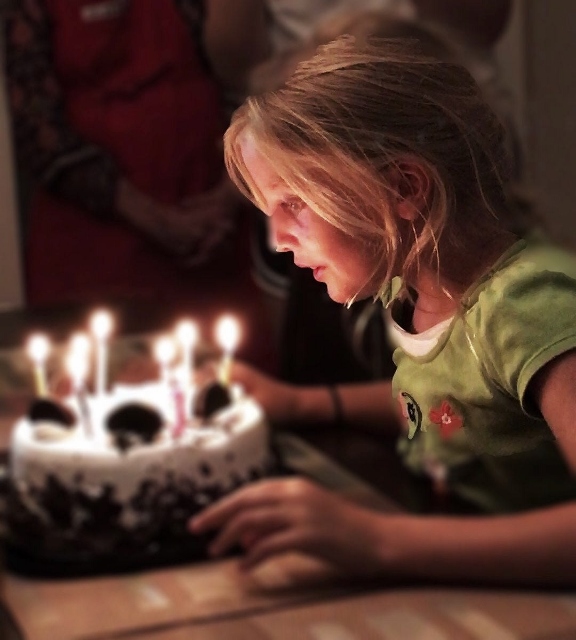 In my stack of read articles for this week, the most highlights (22 of them)–were pulled from a piece in Nautil.us. It’s title: Faulty Memory: A Feature, Not a Bug.
In my stack of read articles for this week, the most highlights (22 of them)–were pulled from a piece in Nautil.us. It’s title: Faulty Memory: A Feature, Not a Bug.
This is just what I wanted to hear to let me off the hook for my increasing absentmindedness.
I’m sure none of you readers have this problem, so you might just want to turn the page and get back to Facebook. But if you wonder about memory and forgetting like I do, read on. Maybe you’re just creative.
The path into the article describes a fictional character (Funes the Memorius; a short story by Jorge Luis Borges 1942) with a brain injury whose described gifts and impairments anticipated relationships that have since been investigated between memory and imagination in the “default mode network” of your brain.
Funes, after his accident was no longer able to forget things that happened in the present. He has a flawless “semantic memory” for learning language, remembering numbers and names. But he lost his “episodic memory” and no longer had a personal story of self, adrift in a world without a subjective reality or meaning.
The article goes on to draw the conclusion, from case studies like the fictional Funes and from recent neuroscience, that there is a relationship between memory, imagination, and creativity. If we are to re-invent ourselves over and over again and project ourselves and our situation into the future, such planning seems to require a certain kind of forgetting.
In order for this to happen, memories become like fragments of a broken mirror, with the necessary loss (forgetting) of some shards so that a novel relationship can be imaginatively created and the future anticipated.
This projection into the future is one of the abilities that sets human intelligence apart from most other sentient beings we know of. We THINK ahead into possible futures.
Briefly mentioned is the relationship between EMOTIONS and memory. This is something we are all aware of. Think of emotionally impactful events you will never forget: the day John Kennedy was assassinated. The Space Shuttle explodes on launch. You will NEVER forget such events because of the role that strong emotion plays in those memories.
If you read the article as two of you will, you’ll have your own questions and conclusions. Here are a few of mine, FWIW.
► In the range of memory derangements known as dementia, it is not just semantic memory that is lost, even though this is perhaps most apparent. Episodic memory–the story we tell ourselves about ourselves–must also grow more faint and pale with time. What must that be like?
► This is something I have long been aware of in my attempt to train my brain: If you attempt to recall an event or a thing, pack that memory with emotion. Don’t just see a gallon of milk on your unwritten grocery list. See it dashed to the kitchen floor in a fit of rage, and you’ll be far more likely to recall it inside the store.
▶ RELATED TO: Emotion may be the basis for consciousness. I FEEL therefore I am. According to these researchers, consciousness does not reside in the brain but is an “embedded” whole-body phenomenon. This new spin seems a worthwhile thread to pull. Here are two starting places:
Consciousness begins with feeling, not thinking : A new theory of embodied consciousness
Brain Science: A New Theory of Embodied Consciousness?
▶ Creativity as the “controlled retrieval of memories” may include false memories and selective forgetting, which are essential to the creative process. But memory is the resource, and so it must be nurtured, tended like a garden for future harvest over decades—by a memoirist, a historian, an inventor, a philosopher.
▶ We pull our stories of self, of the world as it is and the world to come, from the shards of this repeatedly-broken mirror of memory. The parts become a new whole–a freshly-created reality–only to be shattered and reformed hour by hour, every day of our fragmented but somehow meaningfully integrated lives.
These things are not fixed and solid as we imagine, but ever-changing processes: Life. Consciousness. Memory. Self. We comfort ourselves with the illusion that the face in the mirror is always the same. But maybe that river is never the same again.

